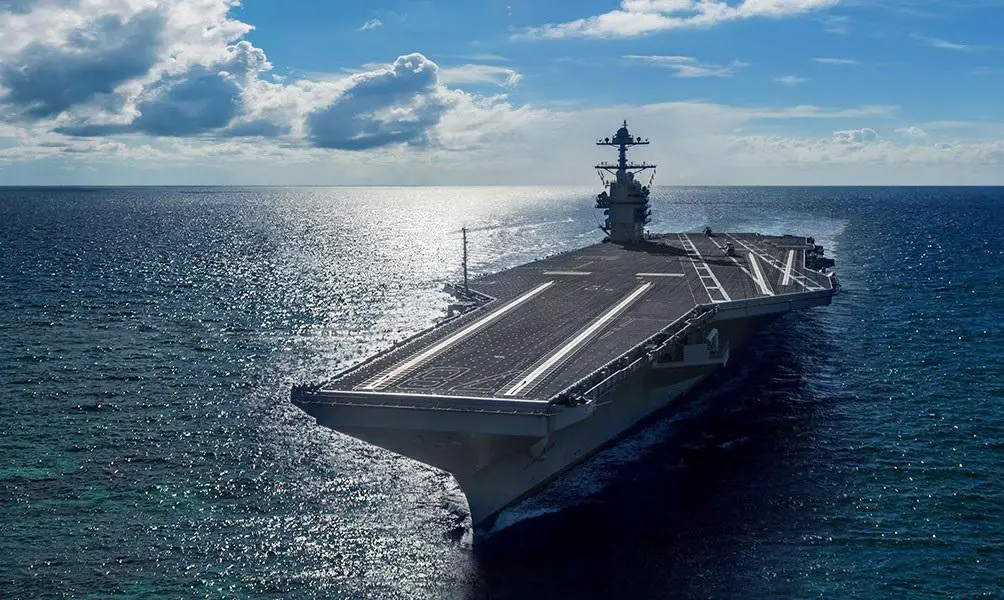General Atomics, San Diego, California, is awarded an $8,837,078 firm-fixed-price order against a previously issued basic ordering agreement. This order provides for the development of a two or three launch motor subsystem, two energy storage group tailored configuration of the Electromagnetic Aircraft Launch System (EMALS) and a three wire, six energy absorber subsystem Advanced Arresting Gear System configuration that are compatible with the government of France’s future aircraft carrier and provides acceptable mission capability. Work will be performed in San Diego, California and Tupelo, Mississippi, and is expected to be completed in June 2023. Foreign Military Sales customer funds in the amount of $8,837,078 will be obligated at the time of award, none of which will expire at the end of the current fiscal year. The U.S. Naval Air Systems Command, Patuxent River, Maryland, is the contracting activity.

The Electromagnetic Aircraft Launch System (EMALS) is a type of aircraft launching system developed by General Atomics for the United States Navy. The system launches carrier-based aircraft by means of a catapult employing a linear induction motor rather than the conventional steam piston. EMALS was first installed on the lead ship of the Gerald R. Ford-class aircraft carrier, the USS Gerald R. Ford. Its main advantage is that it accelerates aircraft more smoothly, putting less stress on their airframes. Compared to steam catapults, the EMALS also weighs less, is expected to cost less and require less maintenance, and can launch both heavier and lighter aircraft than a steam piston-driven system. It also reduces the carrier’s requirement of fresh water, thus reducing the demand for energy-intensive desalination.

Compared to steam catapults, EMALS weighs less, occupies less space, requires less maintenance and manpower, is more reliable, recharges quicker, and uses less energy. Steam catapults, which use about 1,350 lb (610 kg) of steam per launch, have extensive mechanical, pneumatic, and hydraulic subsystems. EMALS uses no steam, which makes it suitable for the US Navy’s planned all-electric ships. Compared to steam catapults, EMALS can control the launch performance with greater precision, allowing it to launch more kinds of aircraft, from heavy fighter jets to light unmanned aircraft. With up to 121 megajoules available, each one of the four disk alternators in the EMALS system can deliver 29% more energy than a steam catapult’s approximately 95 MJ. The EMALS, with their planned 90% power conversion efficiency, will also be more efficient than steam catapults, which achieve only a 5% efficiency.

The French Navy is actively planning for a future aircraft carrier and new flagship. It is known in French as Porte-avions de nouvelle génération (new-generation aircraft carrier), or by the acronym PANG. The ship will be nuclear-powered and feature the EMALS catapult system. Construction of the PANG is expected to begin around 2025 and will enter service in 2038, the year the aircraft carrier Charles de Gaulle is due to be retired. In May 2020, Defence minister Florence Parly stated that the PANG would be built in Saint-Nazaire at Chantiers de l’Atlantique. Architecture, propulsion options and number of ships were originally to be decided by President Macron in July 2020, to allow him to make the announcement at Bastille Day.[10][11] However, on 6 July 2020, a governmental reshuffle put the Castex government in charge, forcing to delay the Defence Council to later in the year.
















